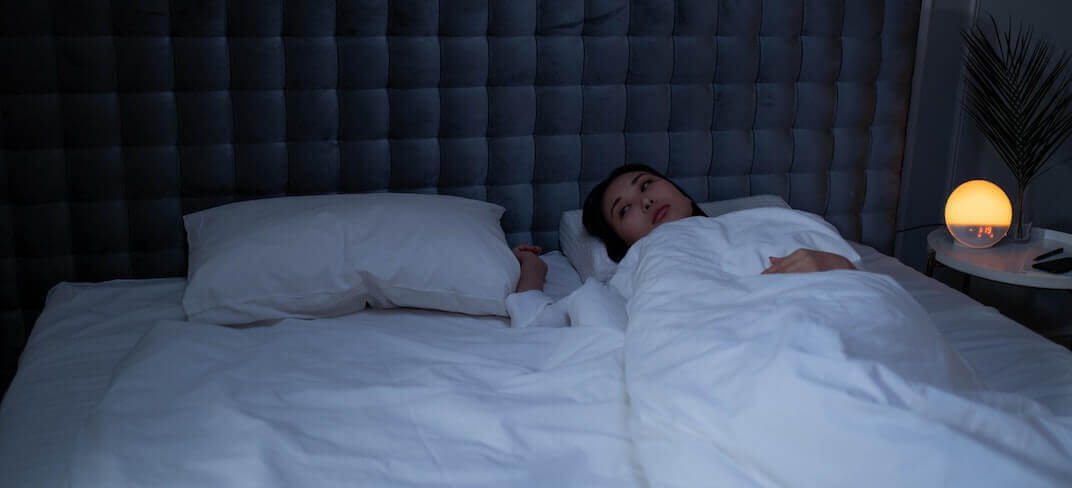Sleep Disorders and Osteopathy: Let's talk about it with Dr. Valentina Lupi

Dr. Valentina Lupi explains how osteopathy can help in the treatment of sleep disorders.
Osteopathy is a form of alternative medicine that focuses on the diagnosis and treatment of musculoskeletal disorders and body tension, but it can also have a positive impact on sleep quality and sleep disorders.
We talked about this with Dr. Valentina Lupi, an experienced osteopath.
How does sleep affect our health and well-being?
Sleep plays a crucial role in our lives. It affects every aspect of our health, including brain well-being, ability to concentrate, heart health, our mood, immune system, and metabolism. When we do not sleep well, especially for long periods, our bodies and brains can feel drained and irritable. In addition, many people may experience weight gain and become more susceptible to illness.
Osteopathy focuses mainly on musculoskeletal disorders and bodily tension. How can it help improve sleep?
Osteopathy can have a positive impact on sleep quality and related disorders. Here are some ways in which it can help:
1. Reduces stress and muscle tension: stress and muscle tension can impair sleep quality. Osteopaths use manual techniques to relax tight muscles and improve blood circulation, helping to reduce anxiety and physical discomfort that can disrupt sleep.
2. Improves posture: postural problems can cause sleep disturbances, such as snoring or frequent waking. Osteopathy can help correct problems with posture and body alignment, thereby reducing sleep disturbances associated with such problems.
3. Promote release of emotional tension: osteopathy views the body as an integrated system, taking emotional aspects into consideration. Osteopathic treatment can promote the release of emotional tension, helping to reduce stress-related insomnia.
4. Improves circulation: adequate blood flow is essential for quality sleep. Osteopathy can improve blood circulation, ensuring sufficient oxygen and nutrients are delivered to tissues, including the brain, during sleep.
5. Treat respiratory dysfunction: some sleep disorders, such as obstructive apnea, can be caused by anatomical or muscular dysfunctions that impede breathing. Osteopaths can work on the mobility of structures involved in breathing, thereby improving nighttime respiratory function.
6. Use a holistic approach to health: osteopathy considers the body as a whole, taking into account physical, mental, and emotional aspects. This holistic approach can help identify and address the underlying causes of sleep disorders, rather than simply treating the symptoms.
If you suffer from sleep disorders, attend the Open House Osteopathy on Saturday, September 30, 2023.